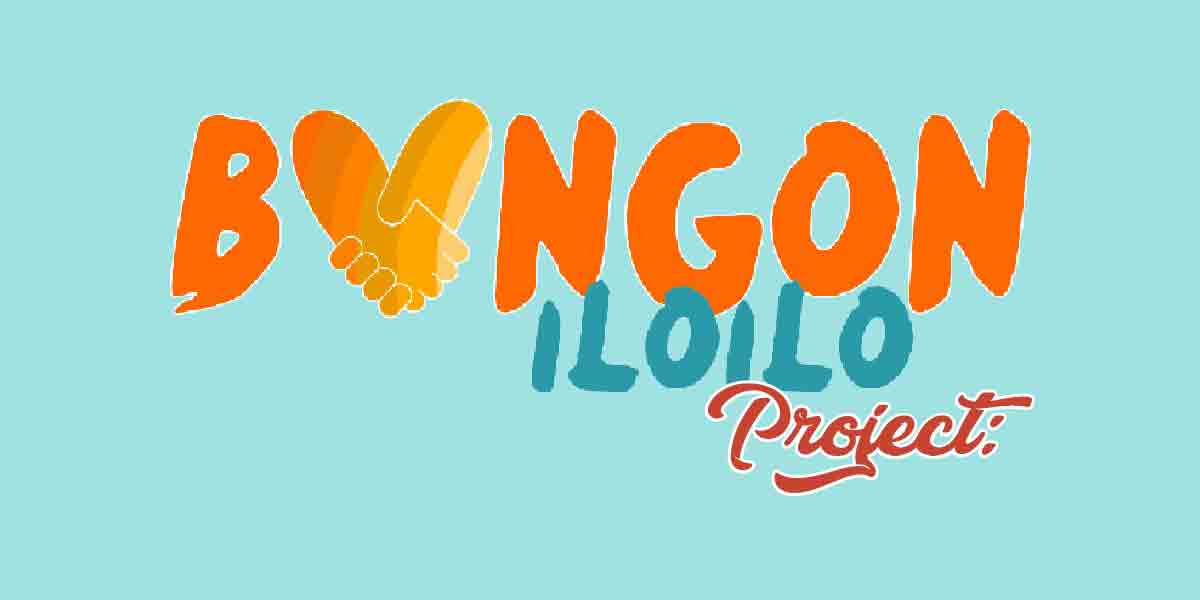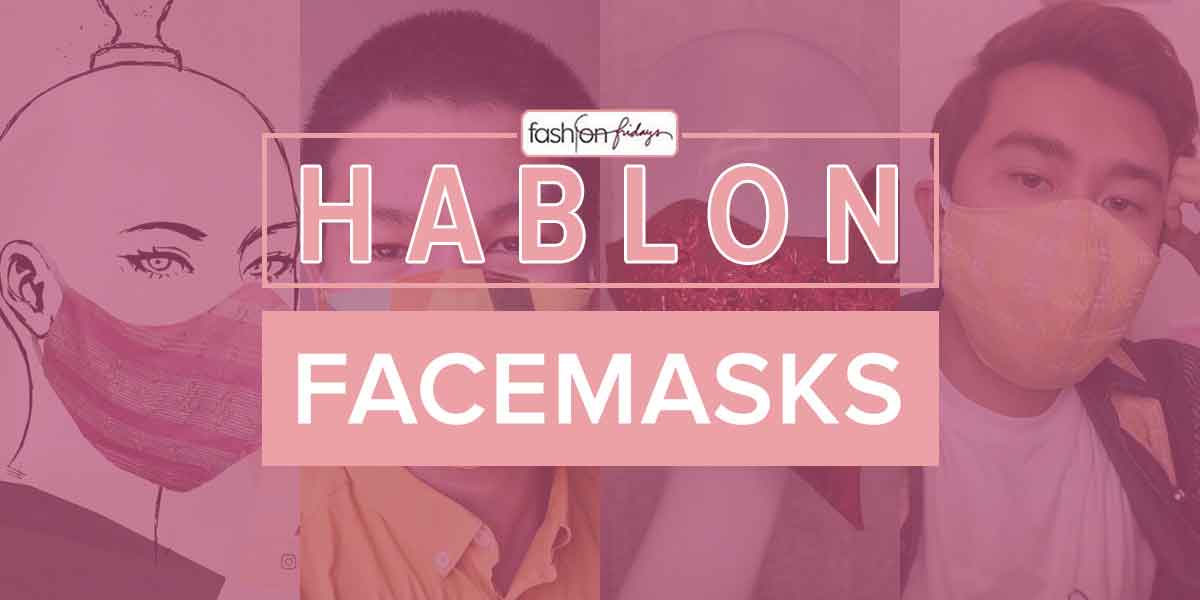
The pressure of getting a high grade has been normalized in this society especially to those children with parents who view academic achievements as benchmarks of success. For some, they refer to it as a passport to prosperity, therefore, pressuring their kids to obtain the highest grades. For others, they only see it as their numerical performance indicator over a certain course, therefore, settling with just the bare minimum remarks. While both may seem true, will parental academic pressure help kids in the long run? Will it prepare them for the real world? Or will it only strain them in the process?
Affirmative
- High grades will help students to get scholarships and be more employable
Parents obligate their kids to have high grades because it will be a future qualification standard for college especially for those who want scholarships. Even if some refer to it as mere numbers, a grade is a factor in which states, colleges, and universities assess the overall academic performance of the kid as well as their dedication and work ethic. While some schools do not require this, topnotch universities do because of its high number of applicants and to maintain their school standards. Moreover, high grades will help students to land better job opportunities. It is a good measure of knowledge which will grant the students more options in the future by being good in many subjects. Some top companies’ hiring and promotion processes include an applicant or an employee’s previous scholastic performance. They consider those achievements as credentials of the person to fit in a certain high job position especially for managerial and supervisory roles.
- High grades will teach students the values of discipline, hard work as well as improve their self-confidence
High grades indeed boost a student’s self-esteem. For some students, they refer to having high grades as an external validation that they did well in a certain scenario. For them, the process that they have undergone to achieve such high grades is more of a character and personality building. This, itself, breeds individuals to determinate, persevere, and exert the best of their efforts to attain their personal goals and not just settle for the bare minimum pushing them to realize their fullest potential. It serves as a performance indicator that their hard work has paid off which then motivates them to maintain such an attitude in the long run even in other aspects. Parents want this because through their kid’s academic standing, they see their children’s enthusiasm to learn and work. Parents view this as a driving force for their kids to be dedicated and competitive to fulfill their goals, and as a training ground for them to be future successful individuals.
Negative
- Students will now be obsessed with getting a high grade to fulfill other’s expectations instead of genuine learning
On the other hand, imposing strict academic pressure will instill a fear of failure and mistake to kids which will prompt them to cheat their grades. Even if grades are used as a measurement of one’s school performance, one’s phobia of failure which leads to the disappointment of their parents will defeat the purpose of genuine learning and character building. This will happen because children are put on a pedestal where they should always be on top of everything. This idea will cultivate a mindset to that student to the only aim for a high grade regardless of the process. They will take learning for granted to just satisfy the expectations of those surrounding them.
- The pressure will have implications for the students
Too much pressure will affect the student’s health and well-being. It will regress the growth of the individual because of the mental, emotional, social implications of the intense academic pressure to achieve high grades. It will inculcate a phobia of mistakes and disappointments, and cultivate a perfectionist attitude which both toxify the genuine learning process of the student. Also, the worst-case scenario might lead to student depression, self-harm, and suicide because of their declining mental health. Furthermore, this is detrimental in a way that burnouts will impact students that will decrease their productivity and will-power. This affects parents too in a way that they will force their children to do the things they do not want instead of supporting and focusing more on the child’s strengths which manifests an unhealthy familial relationship. This can be unnecessary too because of real work experience and most fields of specialization do not require deep knowledge of other disciplines.























